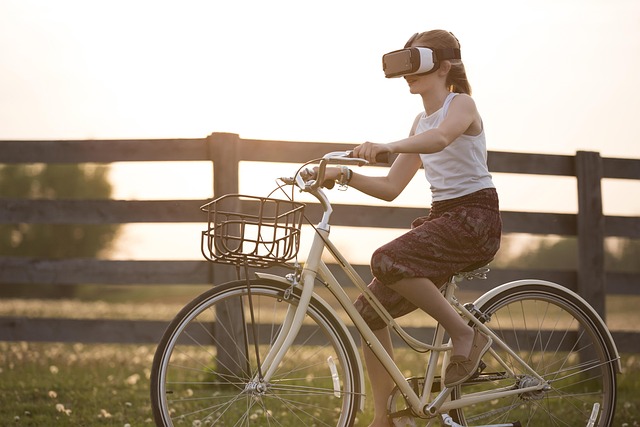In an era driven by the relentless march of technology, the concept of the offline experience has become increasingly important. Everywhere you look, screens dominate our lives, drawing us into a digital world that often overshadows genuine human connections. The rise of social media, online gaming, and continuous notifications has created a culture where being ‘plugged in’ feels mandatory. Yet, it’s essential to take a step back and truly consider what we may be sacrificing in the pursuit of virtual engagement.
Many people are beginning to embrace the idea of a digital detox. This break from screens is not simply about quitting social media or limiting smartphone usage; it’s about rediscovering a more profound connection with ourselves and those around us. The allure of the offline experience lies in its ability to return us to meaningful interactions. Whether it’s gathering with friends for an evening of board games or enjoying a nature walk without the distraction of a camera, the importance of being present cannot be overstated.
When we take time away from digital devices, we can focus on the here and now. We can engage in conversations that flow freely without the interruptions of buzzing notifications. The authenticity of a heartfelt discussion face-to-face fosters deeper relationships and creates lasting memories. In these moments, we often find clarity and purpose; instead of scrolling through curated versions of someone else’s life, we’re engaging in our own, full experiences that deserve our attention.
The challenge lies in finding a balance. Technology undeniably offers tremendous benefits—it connects us to distant friends, provides instant access to information, and enables productivity. However, there is a fine line between using technology as a tool and allowing it to dominate our lives. By intentionally incorporating more offline experiences, we can reclaim our time and cultivate a healthier relationship with technology.
To foster this balance, consider setting aside specific times for digital inputs. Designate a ‘tech-free’ day each week or have family dinners where smartphones are off-limits. These small steps can lead to larger changes in how we perceive connection and community in the digital age. Take the time to engage in activities that require focus and presence, like reading a book, hiking a new trail, or simply enjoying a cup of coffee without distractions.
Embracing the power of offline experiences doesn’t mean rejecting technology entirely; rather, it invites us to rethink our reliance on it. By finding a middle ground, we can ensure that our relationships thrive, our mental well-being improves, and we cultivate a deeper understanding of the world around us. In a society continually pushing us toward the digital frontier, returning to our roots of human connection may very well be the key to happiness.




